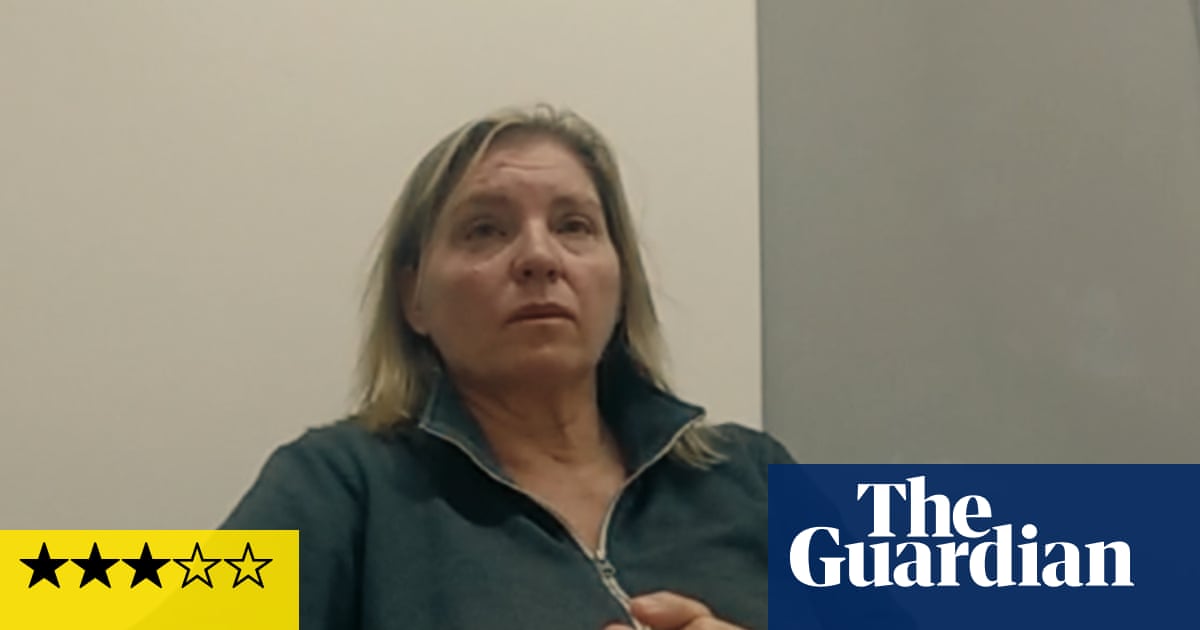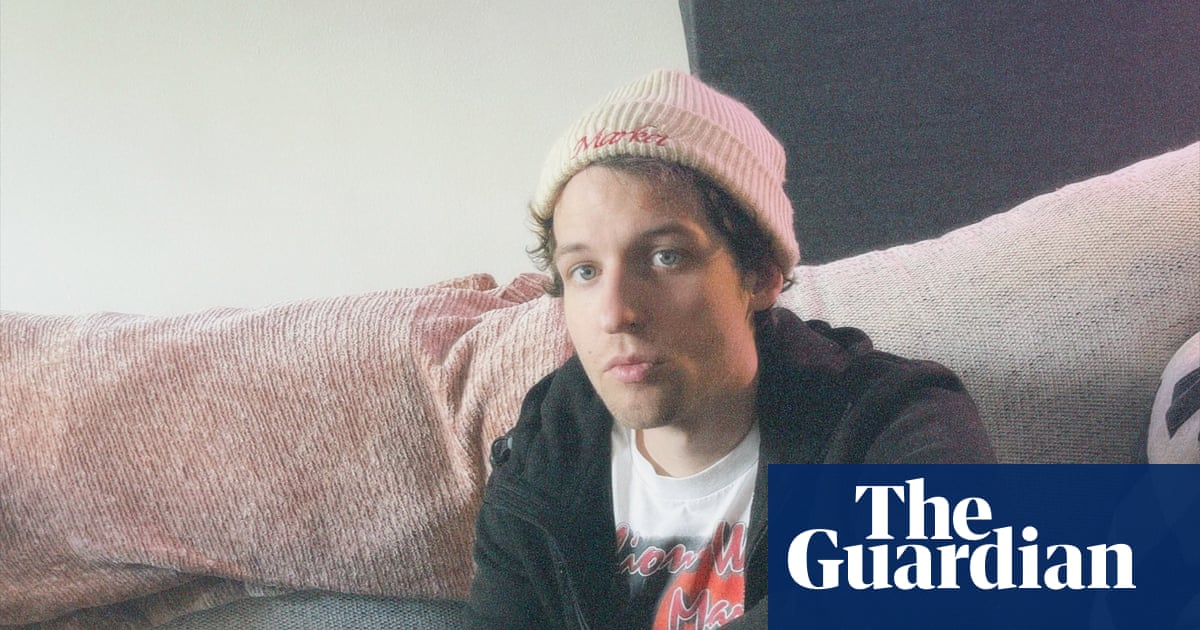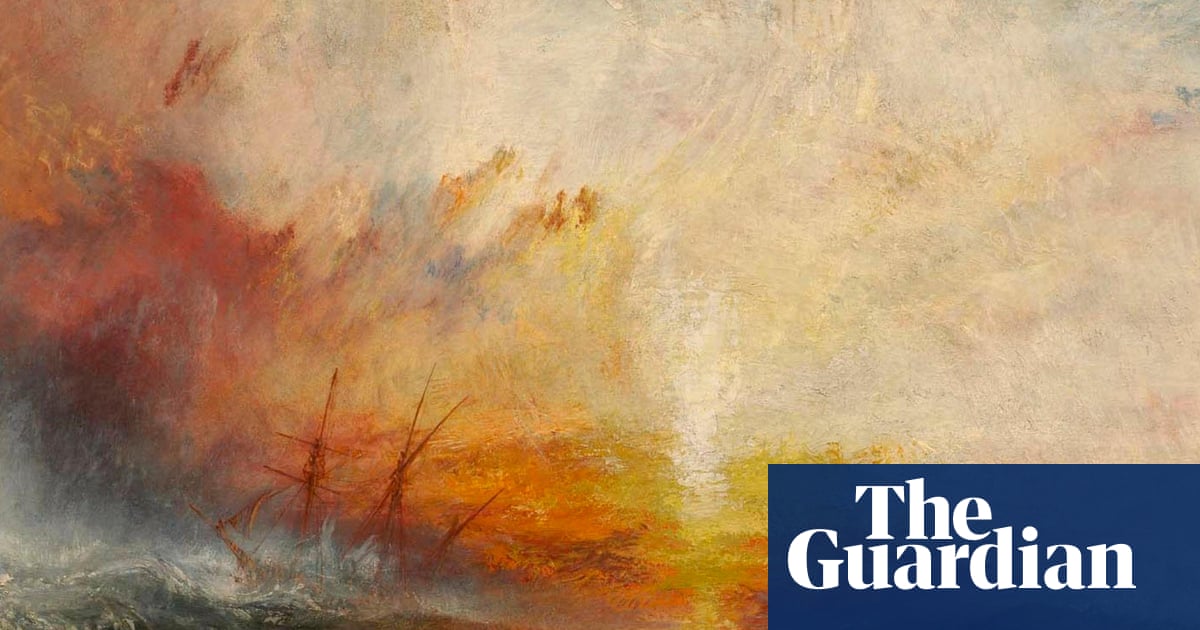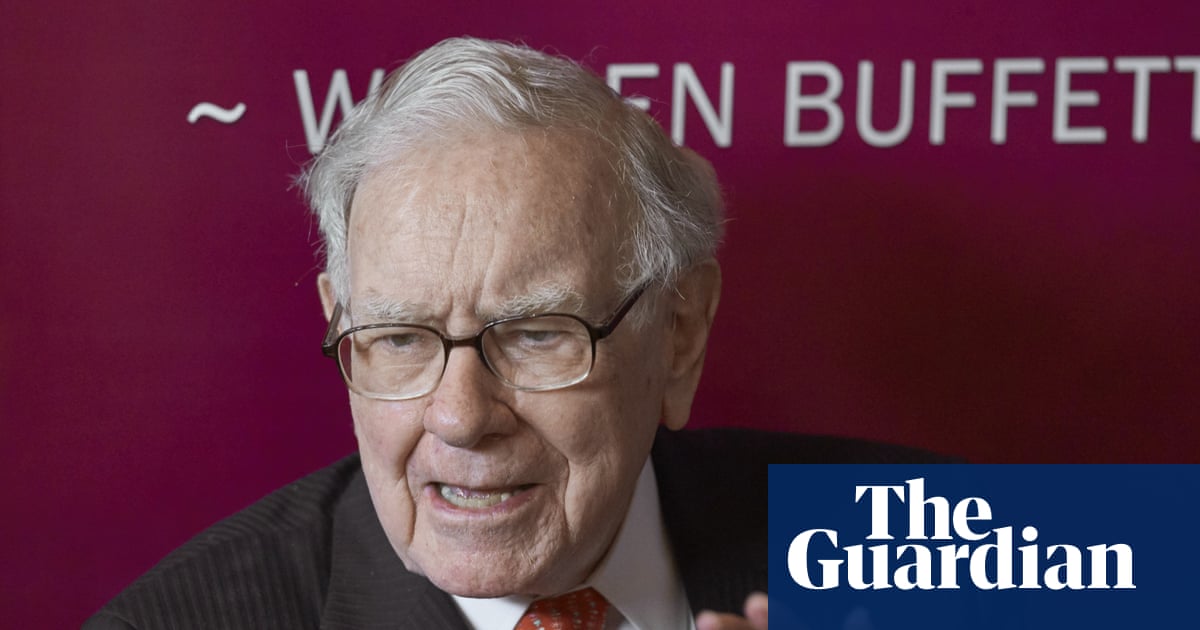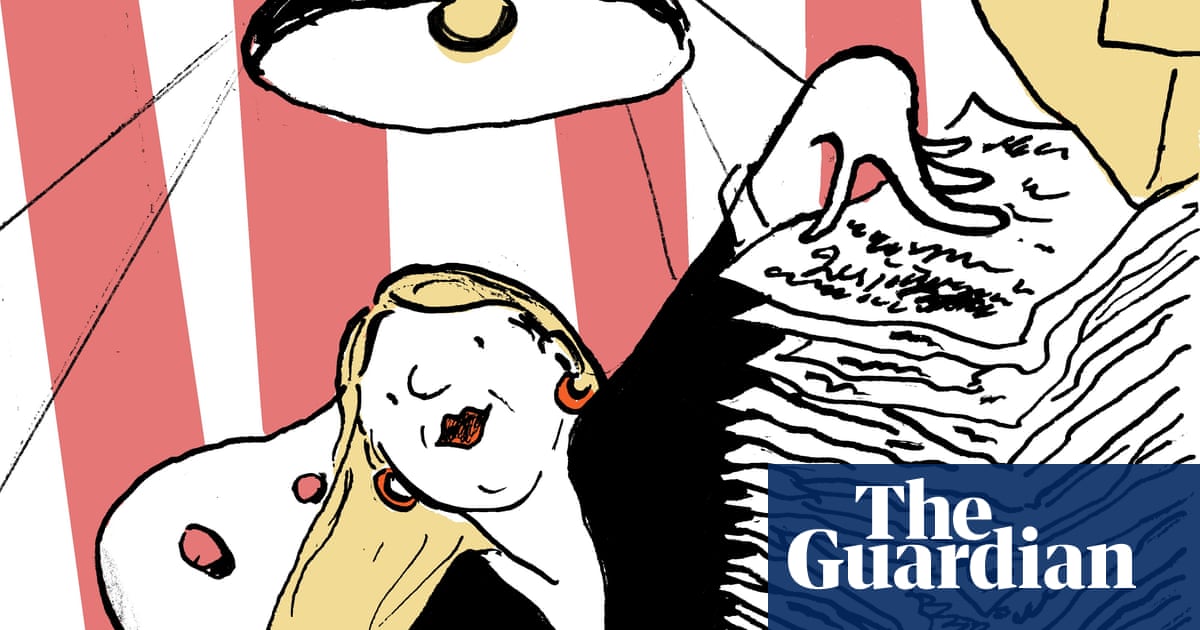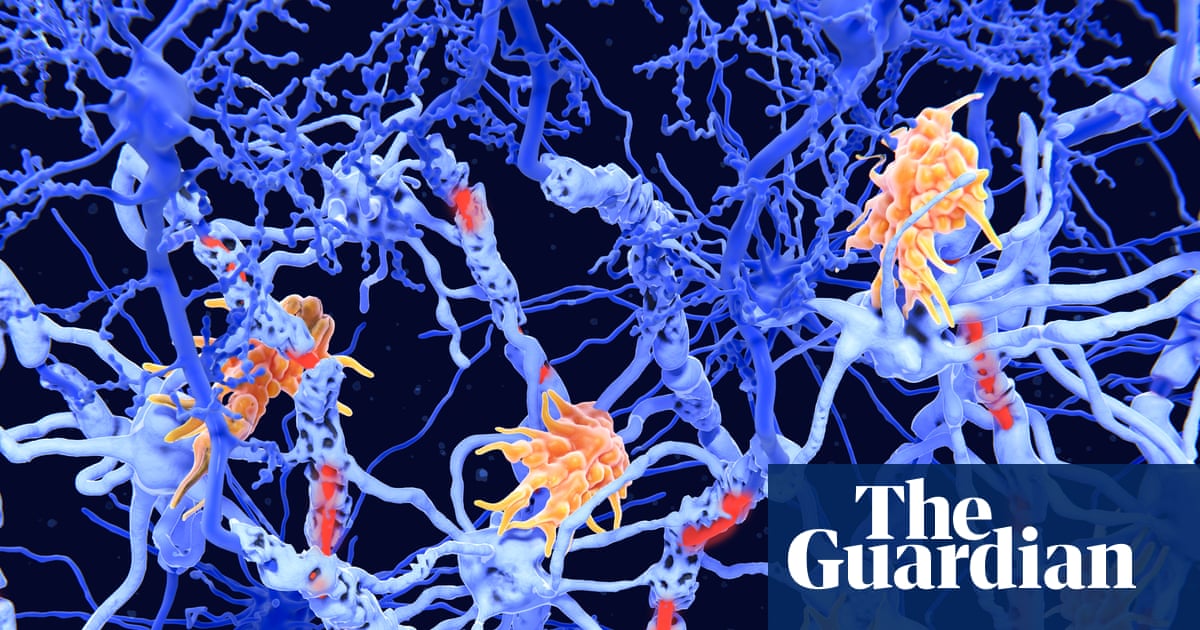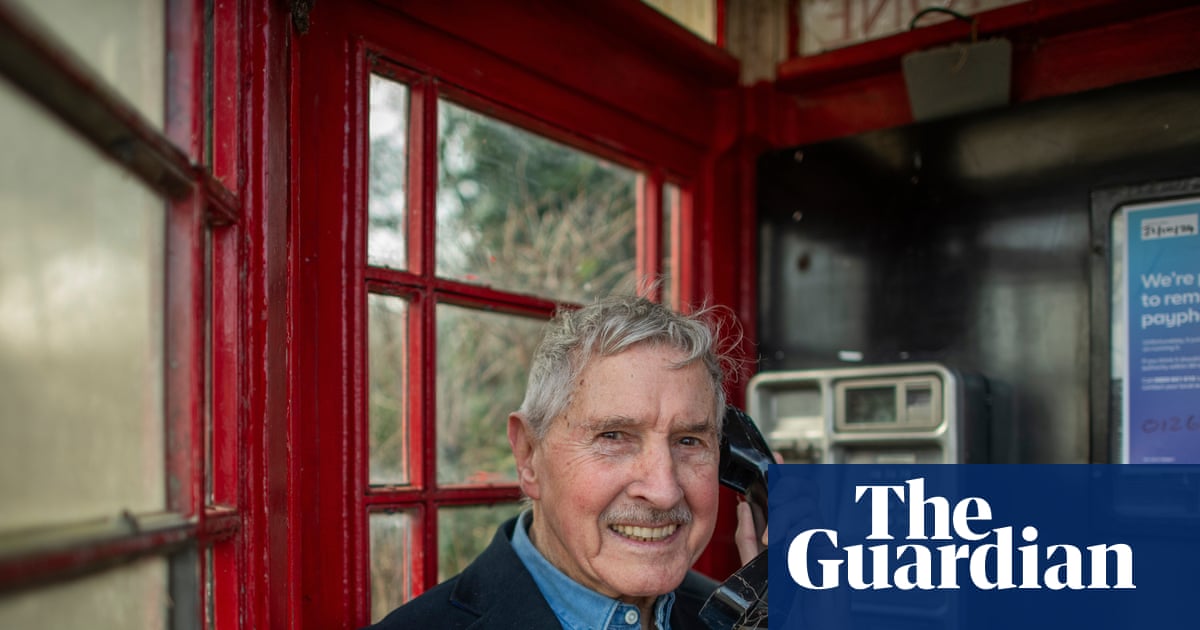Issa Schultz has a daily schedule that not many could compete with.
“I get up, I make a coffee, I go on the computer and I do quizzes. I take a break for lunch and then get back on the computer for more quizzes,” he says. “It sounds like an illness, and others may diagnose it as that, but I am that obsessed. It’s not an exaggeration to say I treat it as an eight-hour job – a full-time day.”
Schultz is Australia’s #1 ranked quizzer, the name for the people who take trivia very seriously. It’s a hobby he’s structured his entire life around. For about six weeks a year, Schultz films the Channel 7 show The Chase Australia, where he serves as one of the quizshow’s “chasers” – the experts whom contestants must topple if they want to take home the prize money (his nickname on the show, fittingly, is The Supernerd). The rest of the time, he’s just brushing up on his African capitals, AFL drafts or Academy Award winners.
“What I should be doing is going out and doing other work, like a normal human being,” he laughs. “But hey, I’m a single man. I don’t have a family. I have no responsibilities … I’m in this unique situation where I have the time.”
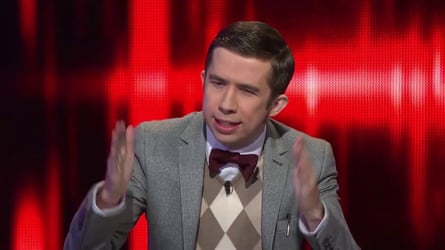
And it could be worse: “There are people, especially in the UK and USA, who are devoting even more hours to this than I am.”
Quizzing is a niche but global pursuit, undertaken everywhere from North America to Europe and India, where it’s particularly popular. You might think of it as a step above pub trivia, particularly in terms of difficulty: Schultz used to play in pub teams seven days a week before levelling up. “When you get to international quizzing, pub trivia just isn’t obscure enough,” he says.
In quizzing, typical questions might span the relatively straightforward (“Who was the military dictator of Chile from 1973 to 1990?”) through to more cryptic tasks, like naming the word that links a series of seemingly disparate images.
And instead of taking place inside a rowdy watering hole, most of the time quizzing is undertaken in silence or solitude. The biggest event on the annual quizzing calendar is the World Quizzing Championships, held each June, where quizzers have two hours to write out their answers to questions read by a proctor in an exam-style in-person setting; as of 2024, Australia also has its own national championship, which was most recently held in February with venues in Sydney, Melbourne, Perth and Brisbane. These competitions – which come with zero prize money – determine the national and global quizzer rankings, but devotees will also find other smaller competitions and Zoom leagues to keep busy with – and, as Schultz so diligently does, devote spare time to brushing up on their general knowledge.
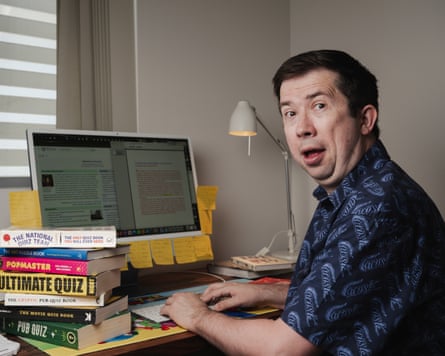
“Mostly when I explain to people what I’m doing on the weekend, I say, ‘I’m going to a library to just sit in silence for an hour with a group of other nerds’,” says Sally Gridley, another of Australia’s enthusiastic quizzers. “We do an exam for fun. They’re like, are there prizes? I say, no, it’s just about the glory, and you pay to do it.”
Gridley has been quizzing seriously for the last 11 years and even once won The Chase, with her team taking home $102,000 in prize money for their efforts. Quiz TV shows like The Chase and Mastermind are popular, both for the thrill and the fact that they’re the only real way to monetise their hobby. Gridley estimates Australia’s quizzing community to be made up of around only 30 to 35 regular quizzers; worldwide, the global leaderboard reveals an unofficial membership of just under 2,000. It is a small but dedicated scene, participants say – but one that is friendly, supportive and always welcoming to newcomers.
It is, however, dominated by a particular demographic: men. Gridley estimates she’s one of about eight regular female quizzers in Australia, putting the local scene at about 90% male – something she can best attribute to the social stigma of it being a “nerdy” pursuit that women perhaps don’t see themselves fitting into. And there’s overlap in other communities, too.
“It takes one to know one, but quizzing is fairly [popular] in neurodivergent demographics as well – a lot of quizzers have conditions like autism or ADHD,” Gridley says. “And there’s lots of introverts. Like, I’m probably the most gregarious person in the room at any quiz function.”
Or as Schultz puts it: “There’s a lot of eccentrics – and we love our eccentrics!”
To make it up the leaderboard as a quizzer, one certainly must have the capacity for a certain type of obsession.
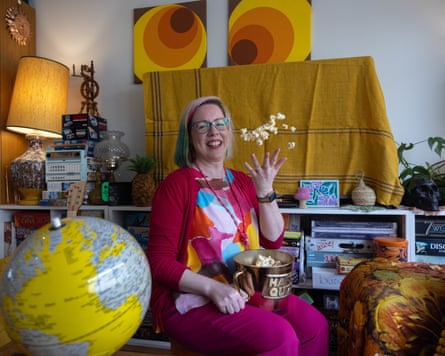
Thirty-five-year-old finance worker Aaran Mohann, ranked third in Australia, considers himself less diligent with study than many others – devoting only around six hours a week to it. His primary tactic is to do as many online quizzes as possible, in the hope the answers burrow into his brain. Quizzes, he says, tend to tread similar ground – right now, for instance, many are covering pop culture phenomena like the Coldplay concert affair or Dubai chocolate.
after newsletter promotion
Flashcarding as a memorisation technique is the new big thing in the quizzing community, Mohann says. “And a lot of quizzers will tell you they do Wikipedia trawls – you start with one article, click on another, and you’re still there a couple of hours later.”
Schultz watches a lot of movies in the hope a plot point might come up in a quiz, and he also buys Dorling Kindersley reference books on everything from medicine to fishing, then copies out facts he finds interesting into his own notebooks by hand. It’s a system that “makes no sense to anyone but myself”.
He does draw a line, though: “Pat Gibson is one of the greatest British quizzers of all time and he reads something like five newspapers a day. I just can’t bring myself to do that – there’s too much bad news.”
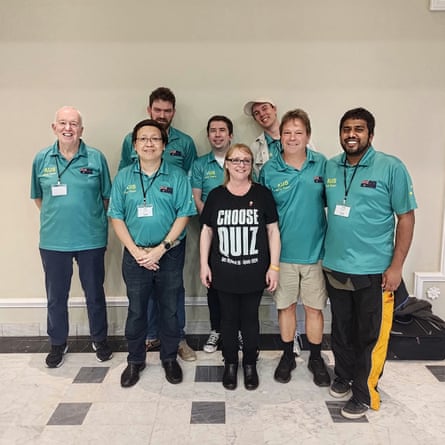
Even outside the thrill of competition and TV turns, there’s a lot to love about being a dedicated quizzer. Gridley enjoys the sense of accomplishment that comes with getting an answer right, and the facts she’s gained along the way have proven beneficial in her job as a teacher. Mohann says the hobby rewards his natural curiosity about the world. Quizzing, which demands a close reading of the questions lest you disastrously name a city when the test paper actually asked for a country, has also sharpened his attention to detail.
And for Schultz, there’s a calming consistency to the pursuit.
“I love that it’s all about facts and truths, especially in this day and age when there’s AI and [fake news],” he says. “We can ignore all that and come back to, which King of England was beheaded in 1649? It was Charles I then, it will be Charles I tomorrow, it will still be Charles I in 100 years’ time.”
Schultz loves the life he’s built around quizzing – for better or worse.
“I’ve never driven a car. I can’t cook. I’m the sort of person who will lose his house keys … I think I’m a lost cause outside of quizzing. I’m doomed beyond compare.”
Schultz’s focus now is retaining his #1 ranking in Australia – something he’s held every year since 2011 – and eventually climbing from a #15 world ranking to claim the #1 spot.
“Usain Bolt, who’s the world’s fastest man, he’s devoted his entire life to running. So I’m willing to devote my entire life to quizzing,” he says. “I mean, why not?”

 3 months ago
44
3 months ago
44
